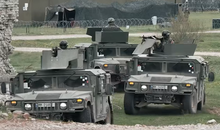
 Flash News
Flash News
Accident in Lushnje, four cars and a motorcycle involved
SPAK closed the investigations, Meta reacts: It was signed on the orders of Edi Rama
Defendant was taken from SPAK, Kryemadhi: Chief Prosecutor of BKH is Edi Rama
Laundered Çopjave money, arrested in Dubai Armis Stafa
The Democratic Party appeals the election results in Korça
VOA: EU and USA are expected to increase the pressure for the normalization of Kosovo-Serbia relations
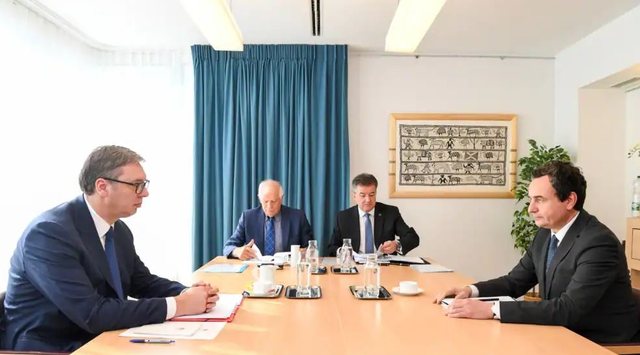
The envoy of the European Union for the talks between Kosovo and Serbia, Miroslav Lajcak, together with the envoy of the United States, Gabriel Escobar, as well as the advisers of the leaders of France, Germany and Italy, will stay on Saturday in Pristina and Belgrade, in an effort to renew talks on the normalization of relations, amid concerns that followed the September 24 attack on the Kosovo police in its north.
Western diplomats say that September 24 proved the importance of the normalization of Kosovo-Serbia relations and the return of the parties to the negotiating table for the implementation of the agreement reached in Brussels and Ohrid on February 27 and March 18 of this year.
The European Union said that "we have clear expectations from the parties to continue the normalization process and fulfill their obligations without delay and without conditions".
French President Emmanuel Macron said on October 17 in Tirana that France is closely following the tensions between Kosovo and Serbia, calling the agreement "a solid and good guide".
Tensions between the parties reached an unprecedented point since the declaration of independence of Kosovo, after an attack by an armed group of Serbs on September 24 in the north of Kosovo.
"I think it is the responsibility of the president (Serb Aleksandar) Vučić to condemn the act of September 24 with the greatest determination. This would contribute to the restoration of calm on the border", said President Macron, laying out expectations from both sides.
"The next steps and what we expect from the Kosovo and Serbian authorities are simple: the reorganization of the elections in the municipalities where they were held in inappropriate conditions; the participation of Serbs in these elections and in institutions and the establishment of the Association of Municipalities with a Serbian majority by the Kosovo authorities. The conditions must be met in this order, fully and completely," said President Macron, who incited many debates in a statement with which he warned Kosovo about keeping promises related to the escalation of the situation with Serbia.
"I want to say one thing very clearly. We have made a gesture of confidence on the issue of visas. As far as France is concerned, they (visas) have been removed because France keeps its promise. While the word is not being kept today", said the French president in Tirana.
Mr. Macron's comments were initially interpreted by the press in Albania and Kosovo as a message that France was withdrawing from the decision to liberalize visas.
The decision of the European Union on visa liberalization for Kosovo is expected to enter into force on January 1, 2024.
Albanian Prime Minister Edi Rama said on Thursday evening in an interview on the show Opinion with Blendi Fevziu that President Macron, "like everyone else, but maybe a little more than others, is himself hurt by the fact that even though he has personally engaged together with Chancellor (German Olaf) Scholz to put on the table a plan called the Franco-German plan and which is the best thing that can happen to Kosovo at this stage of its history and while discussing, he told me that I I am not ready to pave the way if those in Pristina will not pave the way for the agreement on the Franco-German plan".
Prime Minister Rama said that President Macron spoke about the next few weeks as a period of opportunity for Kosovo.
"So there must be movement in the right direction because the entire community of allies and friends of Kosovo cannot be taken hostage, the entire Euro-Atlantic community cannot be taken hostage to oppose an effort of theirs, very, very determined and so sincere to solve the issue of Kosovo itself", said Prime Minister Rama.
On Friday, the Prime Minister of Kosovo, Albin Kurti, said that "the basic agreement of Brussels from February 27 is centered on de facto mutual recognition and the sooner it is implemented, we will have not only democratic and European normalization but also security for our country and the region".
Independent observers said that President Macron's statement could be seen as a form of pressure on the parties before Saturday's meetings that Western representatives will hold in Pristina and Belgrade, while the issue of visas for Kosovo citizens is not currently a political issue. but a legal matter.
According to European Union officials, a bloc state cannot unilaterally suspend visa liberalization for another state. This can only happen through procedures in the Council of the European Union through a "visa suspension mechanism", which allows suspension in "special situations".
In this context, mention is made of the rejection by the European Commission in June 2019 of the request of the Dutch government to suspend visa-free travel in the Schengen area for Albanian citizens, since, as stated in the Commission's statement, "there is no reason to sufficient to suspend Albania from the visa-free travel regime".
The mechanism for the suspension of visas can be activated in the event of an increase in irregular migration, increased requests for accommodation, non-cooperation in the repatriation process of those who violate the rules of stay in the Schengen area and in the event of an increased risk to the security of member states of the European Union.
Independent observers say that this mechanism cannot be used in this period for Kosovo and the suspension would require a new legal framework within the bloc. But at the same time, they draw attention to the fact that France is among the most important and influential countries of the European Union./voa
Latest news

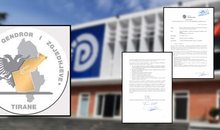

Italy/ 39-year-old Albanian man crashes to death while waiting to go to work
2025-05-27 20:15:03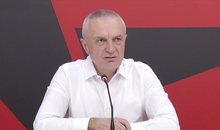
SPAK's accusations against Meta, AP: Former president openly critical of Rama
2025-05-27 20:09:47
Accident in Lushnje, four cars and a motorcycle involved
2025-05-27 19:44:24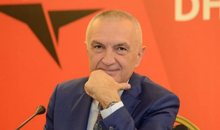


Rama eating pasta, photojournalist reveals the story behind the viral photo
2025-05-27 19:13:56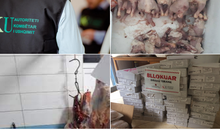
Meat with salmonella still on the market? AKU reacts: Fake news
2025-05-27 19:03:29
Violations of May 11, Lela: 'Database' ready, internationals are being informed
2025-05-27 18:47:40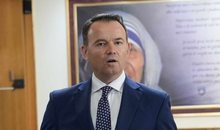
Scandal with animal products in Kosovo, Minister of Agriculture questioned
2025-05-27 18:47:24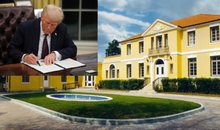
Congratulations... to the Albanian people
2025-05-27 18:20:00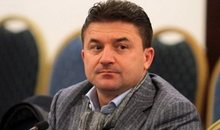

"SP stole 2 mandates from us", Lapaj: Fier and Vlora regions must be recounted
2025-05-27 17:42:39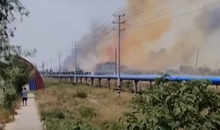

Kosovo takes control of another facility in Leposavic
2025-05-27 17:25:55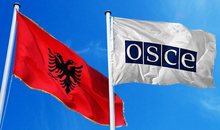

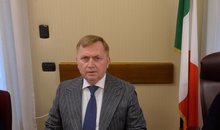
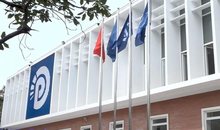
DP demands repeat elections in Gjirokastra and Vlora
2025-05-27 16:37:47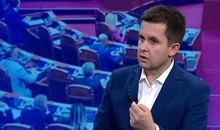
Should Berisha resign? Alimehmeti: Stages cannot be burned
2025-05-27 16:18:22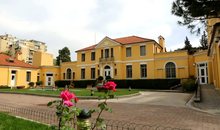
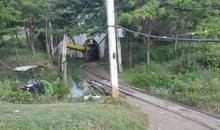

Sunscreen, five myths that endanger your health
2025-05-27 15:52:57
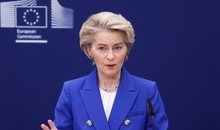
EC chief condemns Israeli attacks on Gaza: They are disgusting
2025-05-27 15:23:30

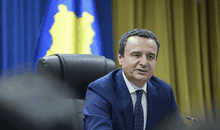

Defendant was taken from SPAK, Kryemadhi: Chief Prosecutor of BKH is Edi Rama
2025-05-27 14:47:32
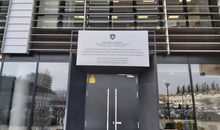
Police raid Kosovo's Ministry of Agriculture
2025-05-27 14:31:07
Laundered Çopjave money, arrested in Dubai Armis Stafa
2025-05-27 14:22:55
Tried to kill cousin in Italy? Case against Albanian from Kosovo closed
2025-05-27 14:12:33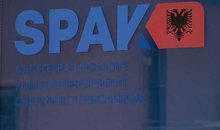
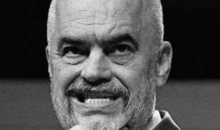
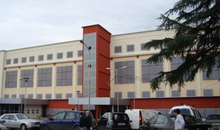

Prostitution network busted, Brazilian woman declared wanted
2025-05-27 13:31:20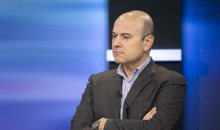
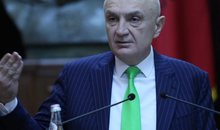
SPAK took the defendant, Meta reacts: I eagerly await the start of the trial
2025-05-27 13:11:06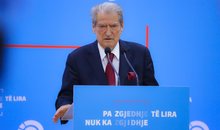

A party with a dead body inside
2025-05-27 12:51:40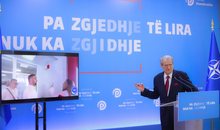
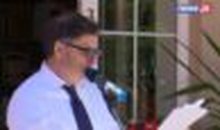
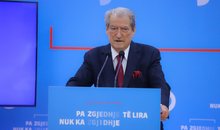
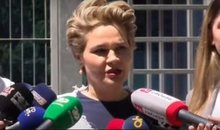
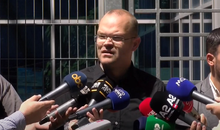
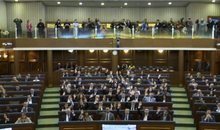
Session to constitute Kosovo Assembly fails for the 22nd time
2025-05-27 11:53:33
He passed away a few days ago, tributes are being held in honor of Artan Lame
2025-05-27 11:44:47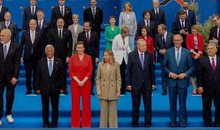
Reactions to Macron's slap
2025-05-27 11:32:35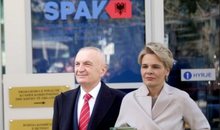

Greek notary killed with intent to rob her, 3 Albanians arrested
2025-05-27 11:11:25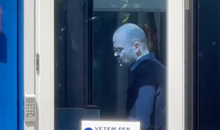
Aulona Kalaja appears at SPAK, files a complaint for the forgiveness of fines
2025-05-27 10:58:24

Meta will use Europeans' posts for AI training
2025-05-27 10:42:07
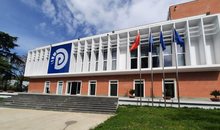
The Democratic Party appeals the election results in Korça
2025-05-27 10:23:11

Igli Tare appointed Milan Sporting Director
2025-05-27 10:03:54
Albanian caught with cocaine worth around 14 million euros
2025-05-27 10:00:56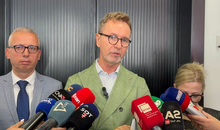

Foreign exchange/ How much foreign currencies are bought and sold today
2025-05-27 09:40:13

Brussels presents 150 billion euro plan to strengthen EU defense capabilities
2025-05-27 09:14:33

He raped his minor daughter, 60-year-old man arrested (NAME)
2025-05-27 08:57:54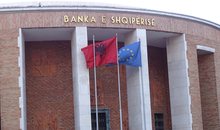

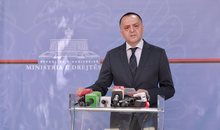
Artan Lame is being transported to his final residence today
2025-05-27 08:26:24
Horoscope, what do the stars have in store for you today?
2025-05-27 08:15:43
Weather forecast, sun and temperatures up to 29 degrees during the day
2025-05-27 08:01:32
Morning Post/ In 2 lines: What mattered yesterday in Albania
2025-05-27 07:47:24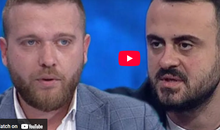
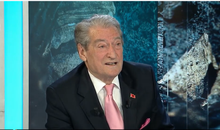
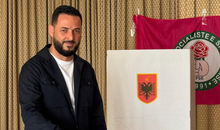


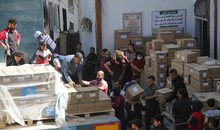
WHO calls for medical aid trucks to be allowed into Gaza
2025-05-26 21:46:31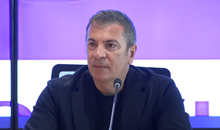
Did he want to burn it by running in Vlora? Gjiknuri: Rama experimented
2025-05-26 21:39:25
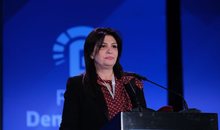
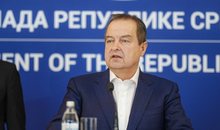
REL: Serbian police order for the arrest of Kosovo policeman, "very unreal"
2025-05-26 21:01:48

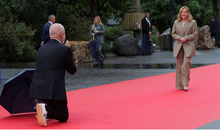

Milan officially announces the appointment of Igli Tara as Sporting Director
2025-05-26 19:43:14
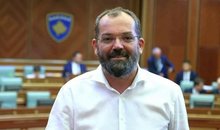
Former Kosovo MP released after being detained at border by Serbian authorities
2025-05-26 19:24:50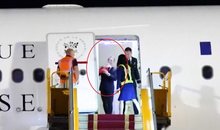
Magnificent buffet in Hanoi
2025-05-26 19:03:41
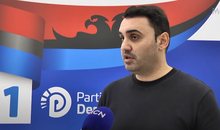
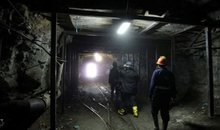
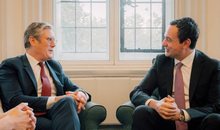
Migrant centers/ Kosovo government ready to discuss with the United Kingdom
2025-05-26 18:05:33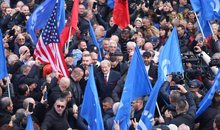

UN: Gaza in agricultural collapse, only 5% of land remains arable
2025-05-26 17:42:53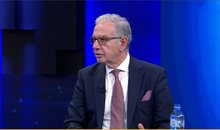
Former Ambassador: The US will react to the farce, it will upset many balances!
2025-05-26 17:34:26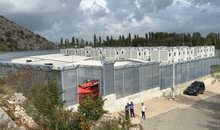
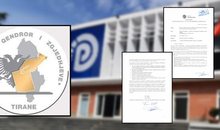

Fire in urban waste field, Libohova engulfed by thick smoke
2025-05-26 17:01:49